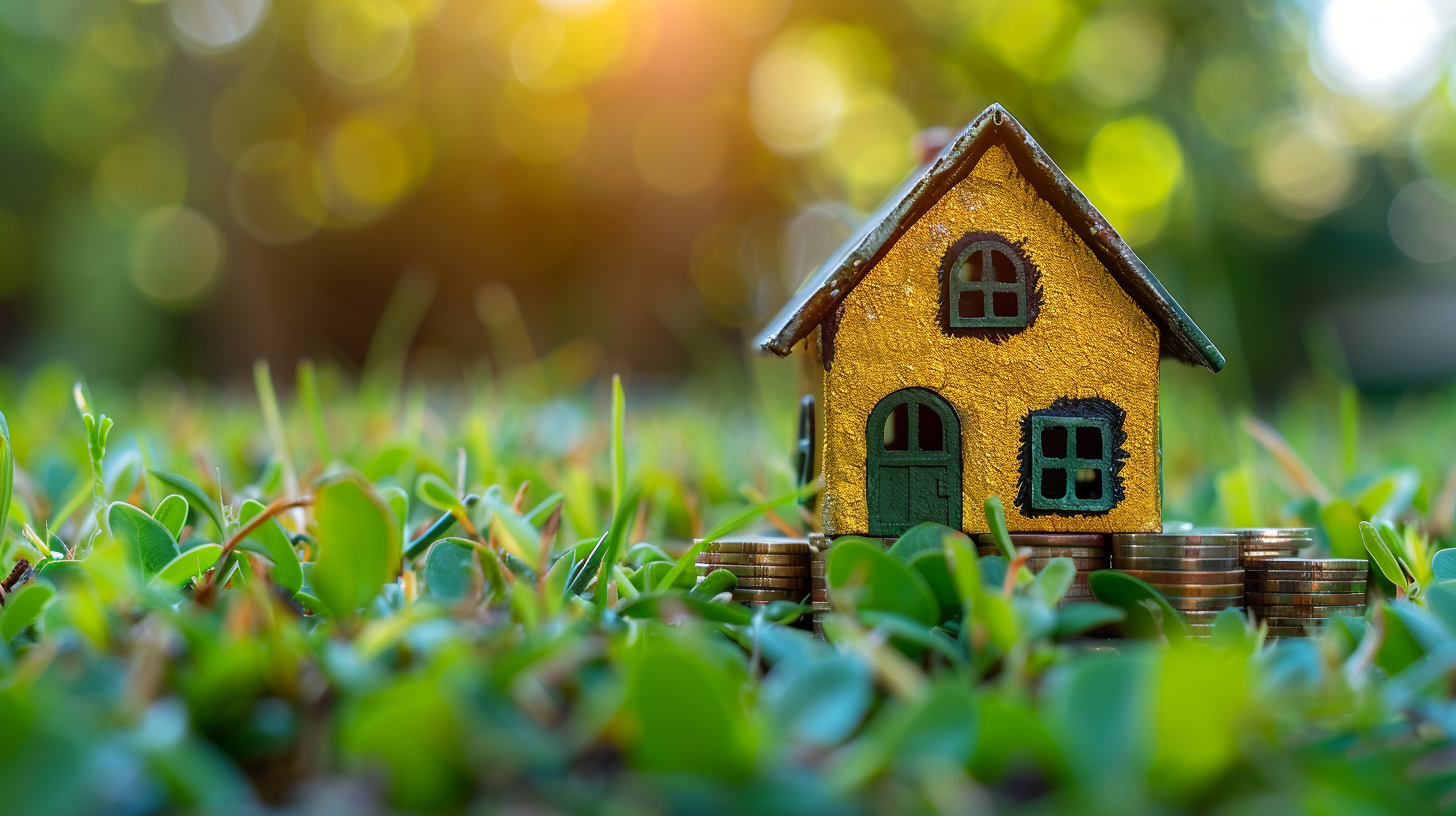Table of Contents Show
There may be products. Products are independently selected by our editors. We may earn an affiliate commission from the links with no charge to you, example: as Amazon Affiliate.
Ageism shapes misconceptions about aging, limiting our appreciation for the unique insights and creativity that each age group contributes. Stereotypes and discrimination based on age hinder both individuals and society, holding back the wealth of experience and knowledge that older adults possess. Challenging ageist beliefs is vital for fostering inclusivity, respecting individuals of all ages, and unlocking pathways for innovation and collaboration. Embracing aging involves recognizing the richness and diversity that every generation brings to the world.
Key Takeaways
- Ageism perpetuates stereotypes and discrimination, hindering society and individual potential.
- Combat ageism through education, intergenerational programs, policy reforms, and reshaping societal perceptions.
- Discrimination affects well-being, identity, and confidence, necessitating an inclusive and supportive society.
- Embrace all generations to foster inclusivity, creativity, innovation, knowledge-sharing, and mutual learning.
- Challenge harmful beliefs, celebrate wisdom, resilience, and adaptability to promote respect across age groups.
Impact of Ageism on Older Adults
Ageism negatively affects older adults by perpetuating stereotypes and discrimination based on age. As someone who values progress and forward-thinking perspectives, it’s evident that ageism hinders not only individual older adults but also society as a whole. By pigeonholing older adults into outdated categories, we stifle the wealth of experience, knowledge, and creativity they bring to the table. This perpetuation of age-related biases restricts opportunities for older adults to contribute meaningfully in various fields.
Innovations often arise from diverse perspectives and experiences, making it crucial to combat ageism and embrace the unique insights older adults offer. By challenging stereotypes and promoting inclusivity, we can create an environment where individuals of all ages feel valued and empowered to participate actively in shaping the future. Age shouldn’t be a barrier to exploring new ideas, pursuing passions, or making a difference in the world. It’s time to break free from the constraints of ageism and harness the collective wisdom of every generation.
Stereotypes and Prejudices in Aging
Challenging stereotypes and prejudices associated with aging is essential for fostering inclusivity and promoting respect for individuals across all age groups. As we navigate the landscape of aging, it’s crucial to recognize and dismantle the harmful beliefs that perpetuate ageism. Stereotypes portraying older adults as frail, slow, or technologically inept not only limit individual potential but also hinder societal progress. By breaking free from these stereotypes, we open up pathways for innovation and collaboration that span generations.
Embracing diversity in aging means acknowledging the richness of experiences and perspectives that come with advancing years. Rather than viewing aging through a lens of decline, we can celebrate the wisdom, resilience, and adaptability that characterize individuals at every stage of life. By challenging prejudices and embracing the multifaceted nature of aging, we create a more inclusive society where age is seen as a source of strength and vitality. Let’s redefine aging as a journey marked by growth, learning, and endless possibilities.
Discrimination and Marginalization Effects
Feeling marginalized and discriminated against due to age can have profound effects on my well-being and sense of belonging in society. These experiences can lead to feelings of isolation, low self-esteem, and decreased overall quality of life. Discrimination based on age can manifest in various areas of life, such as employment opportunities, healthcare access, and social interactions. It can create barriers to fully participating in society and accessing resources that are essential for a fulfilling life.
The effects of ageism can be particularly damaging as they challenge one’s sense of identity and worth. Being treated as less capable or valuable solely because of age can erode confidence and lead to internalized beliefs of inferiority. This can result in a reluctance to engage in social activities, pursue new opportunities, or seek help when needed.
Addressing discrimination and marginalization based on age is crucial for fostering a more inclusive and supportive society that values individuals of all ages. By challenging stereotypes and promoting intergenerational understanding, we can create a more equitable environment where everyone feels respected and valued for their unique contributions.
Strategies to Combat Ageism
Experiencing discrimination based on age underscores the importance of implementing proactive measures to combat such biases and promote inclusivity in society. To challenge ageism effectively, we need innovative strategies that reshape societal perceptions and foster intergenerational collaboration.
Here are three actionable steps to combat ageism:
-
Education Initiatives: Implement comprehensive educational programs that raise awareness about ageism, its impact on individuals and society, and the benefits of age diversity. By educating people from a young age, we can cultivate a culture of respect for all generations.
-
Intergenerational Programs: Develop opportunities for different age groups to interact in meaningful ways, such as mentorship programs, community service projects, or shared learning experiences. These programs not only break down stereotypes but also highlight the valuable contributions of individuals of all ages.
-
Policy Reforms: Advocate for policies that promote age-inclusive practices in the workplace, healthcare, and other sectors. By enacting legislation that prevents age discrimination and supports age diversity, we can create environments where everyone is valued for their unique skills and experiences.
Valuing and Respecting All Generations
How can we foster a culture that values and respects individuals of all generations? By recognizing the unique strengths and perspectives that each age group brings to the table, we can create a more inclusive and dynamic environment. Embracing diversity in age not only fosters creativity and innovation but also promotes a sense of unity and collaboration across generations.
To value and respect all generations, we must actively seek out opportunities for intergenerational interaction and mentorship. Encouraging knowledge-sharing and mutual learning can break down stereotypes and build bridges between different age groups. By promoting open communication and fostering a culture of respect, we can create a space where everyone feels appreciated and empowered.
In a rapidly changing world, where new ideas and technologies are constantly emerging, it’s essential to harness the collective wisdom and experiences of people of all ages. Embracing diversity in generations isn’t just a moral imperative but a strategic advantage in driving progress and innovation. Let’s celebrate the richness that each generation brings and work together towards a future where all individuals are valued and respected.
Frequently Asked Questions
How Does Ageism Affect the Mental Health of Older Adults?
Ageism impacts older adults’ mental health by perpetuating negative stereotypes, leading to feelings of worthlessness and isolation. It erodes self-esteem and contributes to depression and anxiety. Promoting inclusivity and challenging ageist beliefs can foster mental well-being.
What Are Some Common Stereotypes About Aging That Contribute to Ageism?
As I explore common stereotypes about aging that fuel ageism, I see assumptions like decline in abilities, tech incompetence, and lack of adaptability. Challenging these misconceptions can pave the way for positive change.
How Does Discrimination Based on Age Lead to Marginalization of Older Adults in Society?
Age-based discrimination erodes respect for older individuals, limiting their opportunities and contributions. It perpetuates stereotypes, devalues experience, and isolates them socially. By challenging ageism, we can create a more inclusive and vibrant community for all ages.
Are There Specific Strategies or Interventions That Have Been Successful in Combatting Ageism?
I’ve found that promoting intergenerational interactions, fostering empathy through education, and highlighting the value of experience have been successful in combating ageism. These approaches help challenge stereotypes and promote a more inclusive society.
How Can Individuals and Communities Work Towards Valuing and Respecting All Generations Equally?
I believe we can promote intergenerational value by fostering open communication, encouraging collaboration on projects, and organizing events that bring different age groups together to share experiences and learn from each other.
Conclusion
As I reflect on the damaging effects of ageism, I’m reminded that age is just a number, not a measure of worth.
Let’s break free from the chains of stereotypes and embrace the beauty of aging. Like a fine wine, we only grow better with time.
Let’s celebrate each stage of life and value the wisdom and experiences that come with it.
Together, let’s create a world where all generations are respected and appreciated.









